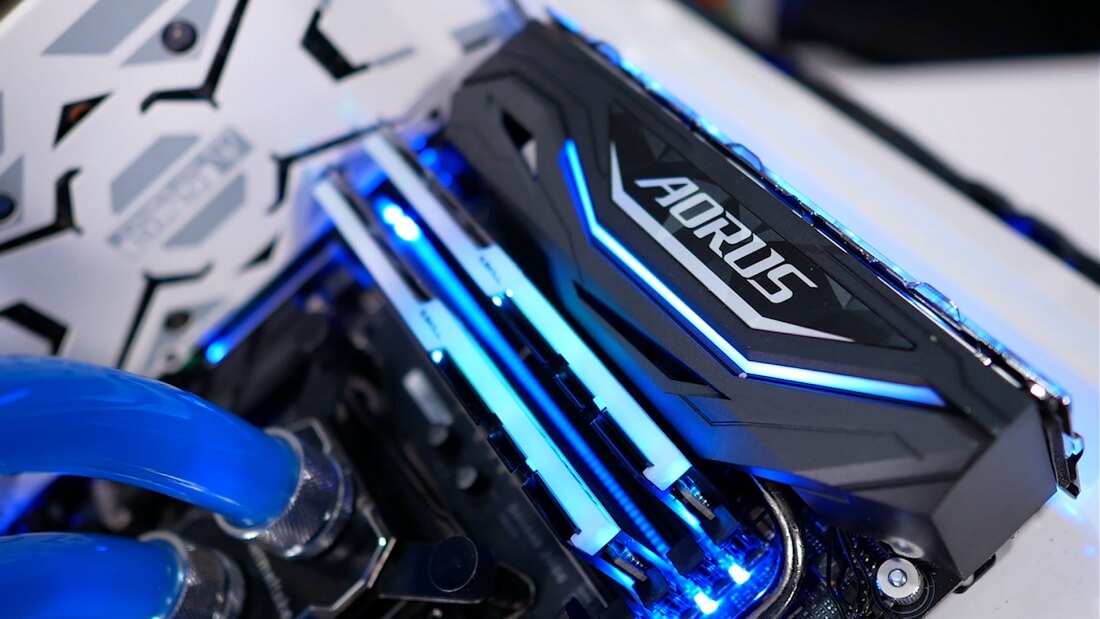How bad is bottlenecking these days? Well, that all depends on how bad you are at pairing hardware. Any experienced system builder will tell you it's important to build a balanced system, especially if you want the best bang for your buck.
https://www.techspot.com/article/1496-pairing-cpu-and-gpu-bottlenecking/
